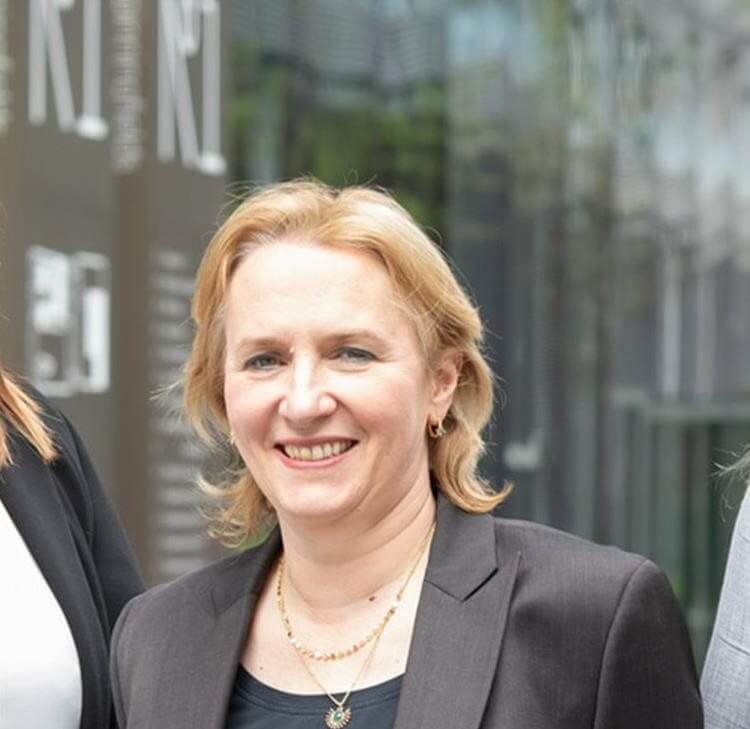Welsh Ministers v PJ [2018] UKSC 66
This Supreme Court case considered the interplay between Community Treatment Orders under the Mental Health Act 1983 and deprivation of liberty.
This Supreme Court case considered the interplay between Community Treatment Orders under the Mental Health Act 1983 and deprivation of liberty.
Background
PJ had been detained in hospital and discharged under a Community Treatment Order (CTO) with conditions that amounted to a DoL.
The patient, PJ, is 47 years old. He is described in evidence as having "mild to borderline learning disability … He has also been assessed recently as having difficulties which fall within the autistic spectrum. This has been accompanied by abnormally aggressive and seriously irresponsible behaviour consisting of violent and sexual offending."
PJ was subject to a CTO that imposed three bespoke conditions under section 17B(2) of the MHA including to reside at a named care home and to abide by the rules and also to comply with the care plan drawn up by multidisciplinary team.
There was agreement that the conditions of the CTO amounted to an objective deprivation of liberty. In particular PJ’s whereabouts were monitored at all times within the unit, with 15 minute observations and he was escorted by staff on all community outings, including when attending college and meeting his girlfriend.
There was also agreement that PJ had the capacity to consent to the care plan and to the conditions in the CTO. The evidence before the tribunal was that he was happy to stay at the care home and understood that the CTO brought benefits because he needed clear boundaries, but that he would like more freedom to see his family and his girlfriend.
PJ applied to the tribunal which refused his application for discharge. The Upper Tribunal overturned that decision, declaring that the Tribunal should have used its power of discharge to stop the ongoing breach of the patient’s ECHR article 5 rights (the right to liberty).
The Court of Appeal held that the Responsible Clinician’s (RC) power to restrict the freedom of movement of a patient to the extent of objectively depriving him of his liberty by the conditions attached to a CTO was permitted as part of the MHA statutory framework. The Court of Appeal also held that the remedy for any illegality, including any Convention illegality such as a breach of Article 5 ECHR, is to challenge the CTO by way of an application for judicial review.
The Supreme Court Judgment
The Supreme Court unanimously allowed the appeal. The Court declared that there is no power to impose conditions in a Community Treatment Order which have the effect of objectively depriving a patient of his liberty, in a judgment consistent with the Supreme Court’s reasoning set out in the linked case of MM.
In their reasoning the Court commented that it is a fundamental principle of statutory construction that a power expressed in general words should not be construed to interfere with fundamental rights such as the right to liberty of the person.
The Court quoted the earlier case of R v Secretary of State for the Home Department, Ex p Simms [2000] 2 AC 115, at p 131:
“Fundamental rights cannot be overridden by general or ambiguous words….In the absence of express language or necessary implication to the contrary, the courts therefore presume that even the most general words were intended to be subject to the basic rights of the individual.”
They noted that there is no power to detain a patient on a CTO, no power to impose medical treatment without consent, and no sanction for failing to comply with the care plan, other than the limited power of recall. The court commented that if the CTO patient cannot be made to take their medication, how can Parliament have intended an even greater interference with their fundamental rights? In addition whilst there is a limited power of recall, there is no power similar to that for section 2 or 3 patients to recapture them if they breach the care plan or are absent without leave.
They also commented that the 2007 amendments to the 1983 Act were preceded by lengthy examination and consultation; the Royal College of Psychiatrists had long been pressing for some means of ensuring that detained patients kept up with their medication and did not get lost after being discharged from hospital. However these calls for coercive treatment in the community were rejected as there was great opposition to any form of compulsory or forcible medical treatment outside the carefully controlled environment of a hospital.
As regards the second issue raised of the interplay between the patient’s ECHR rights and the Tribunal’s powers, Lady Hale held that:
“33.[…] The MHRT has no jurisdiction over the conditions of treatment and detention in hospital, but these can be relevant to whether the statutory criteria for detention are made out, especially in borderline cases…..[the patient’s] treatment and care may well feature in the debate about whether he should be discharged…….The patient’s actual situation on the ground may well be relevant to whether the criteria for the CTO are made out. Furthermore, if the tribunal identifies a state of affairs amounting to an unlawful deprivation of liberty, it must be within its powers to explain to all concerned what the true legal effect of a CTO is. But the patient can only apply to the tribunal once during each period for which the CTO lasts (six months, six months, then once a year). If the reality is that he is being unlawfully detained, then the remedy is either habeas corpus or judicial review”
Comment
In light of the recent related MM judgment, this judgment and reasoning is not unexpected and accords with the existing MHA Code of Practice and original purpose of CTOs as discussed at length in the lead up to the 2007 Act.
For judgment, see following link: https://www.supremecourt.uk/cases/docs/uksc-2018-0037-judgment.pdf








































